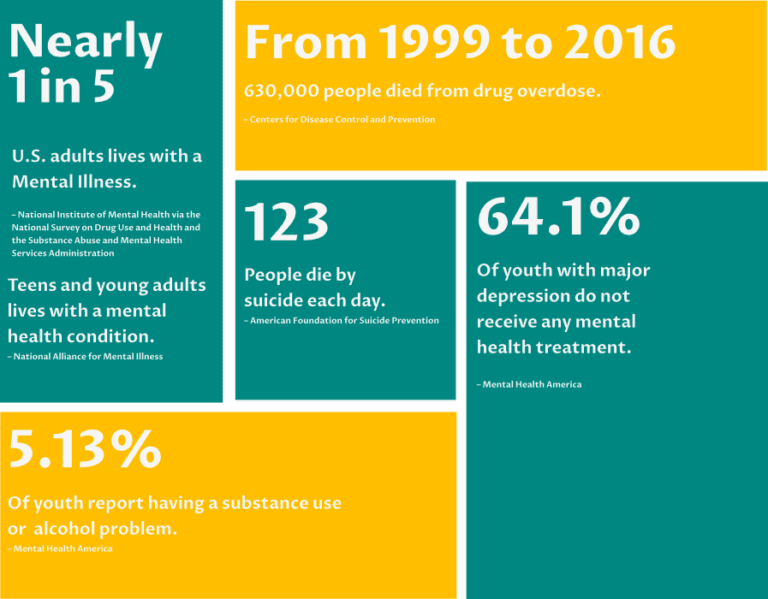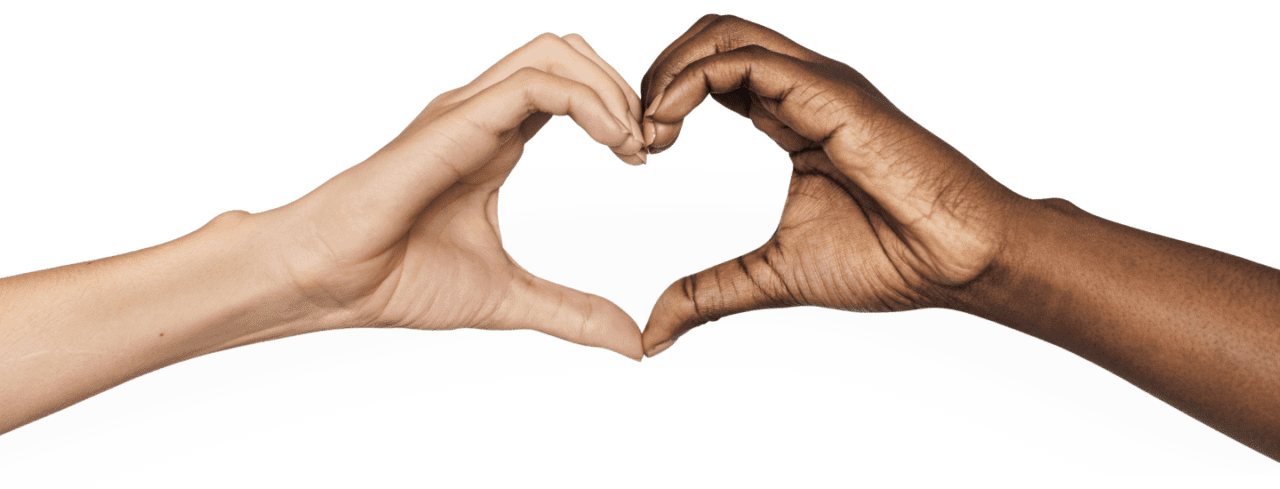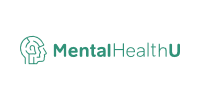21st Annual Bexar County Behavioral Health and Wellness Conference
Thursday, May 18 – Friday, May 19, 2023
Free two-day conference for families, consumers, caregivers, and professionals featuring educational workshops about mental health topics/resources and a health/wellness resource fair.
Mental Health First Aid
Why Mental Health First Aid?
Mental Health First Aid teaches you how to identify, understand and respond to signs of mental illness and substance use disorders. This training gives you the skills you need to reach out and provide initial support to someone who may be developing a mental health or substance use problem and help connect them to the appropriate care.
Three Learning Options
Virtual
First Aiders will complete a 2-hour, self-paced online class, and then participate in a 4-hour, Instructor-led videoconference.
Blended Learning
After completing a 2-hour, self-paced class, First Aiders will participate in a 4-hour, in-person, Instructor-led class.
In-person
First Aiders will receive their training as an 6.5-hour Instructor-led in-person course.
Who Should Take It
- Employers
- Police Officers
- Hospital Staff
- First Responders
- Faith Leaders
- Community Members
- Caring Individuals
What It Covers
- Common signs and symptoms of mental illness.
- Common signs and symptoms of substance use
- How to interact with a child or adolescent in crisis
- How to connect the person with help
- Expanded content on trauma, addiction and self-care.
Why Youth Mental Health First Aid?
Youth Mental Health First Aid teaches you how to identify, understand and respond to signs of mental illness and substance use disorders in youth. This 6-hour training gives adults who work with youth the skills they need to reach out and provide initial support to children and adolescents (ages 6-18) who may be developing a mental health or substance use problem and help connect them to the appropriate care.
Three Learning Options
Virtual
First Aiders will complete a 2-hour, self-paced online class, and then participate in a 4-hour, Instructor-led videoconference.
Blended Learning
After completing a 2-hour, self-paced online class, First Aiders will participate in a 4-hour, in- person, Instructor-led class.
In-person
First Aiders will receive their training as an 6.5-hour Instructor-led in-person course.
Who Should Take It
- Teachers
- School staff
- Coaches
- Camp counselors
- Youth group leaders
- Parents
- People who work with youth
What It Covers
- Common signs and symptoms of mental illness in this age group, including
- Anxiety
- Depression
- Eating disorders
- Attention deficit hyperactive disorder (ADHD)
- Common signs and symptoms of substance use
- How to interact with a child or adolescent in crisis
- How to connect the person with help
- Expanded content on trauma, addiction and self-care and the impact of social media and bullying
Why teen Mental Health First Aid?
teen Mental Health First Aid teaches high school students how to identify, understand and respond to signs of mental illnesses and substance use disorders among their friends and peers. The training gives students the skills to have supportive conversations with their friends and get a responsible and trusted adult to take over as necessary. It is designed to be delivered in schools or community sites in three interactive classroom sessions of 90 minutes each or six sessions of 45 minutes each.
Schools and organizations offering the training are required to train at least 10 percent of adult staff in Youth Mental Health First Aid and to train the entire grade level. A critical step in the teen Mental Health First Aid action plan is connecting with a trusted
adult. Youth Mental Health First Aid trains adults to be prepared to help young people facing a crisis.
Who Should Take It
- High school Students in grades 10,11, and 12
- High school organizationspartnering with a high school and youth-serving organizations are eligible to teach teen MHFA to students
What It Covers
- Common signs and symptoms of mental illness.
- Common signs and symptoms of substance use.
- Common signs and symptoms of mental health crisis, particularly suicide.
- How to open the conversation about mental illnesses and addiction with friends.
- The impact of school violence and bullying on mental health
- How to seek the help of a responsible and trusted adult.
This course will teach you how to apply the ALGEE action plan:
- Assess for risk of suicide or harm.
- Listen nonjudgmentally
- Give reassurance and information.
- Encourage appropriate professional help.
- Encourage self-help and other support strategies




Happy Member Name
Add Your Heading Text Here
Lorem ipsum dolor sit amet, consectetur adipiscing elit. Ut elit tellus, luctus nec ullamcorper mattis, pulvinar dapibus leo.







